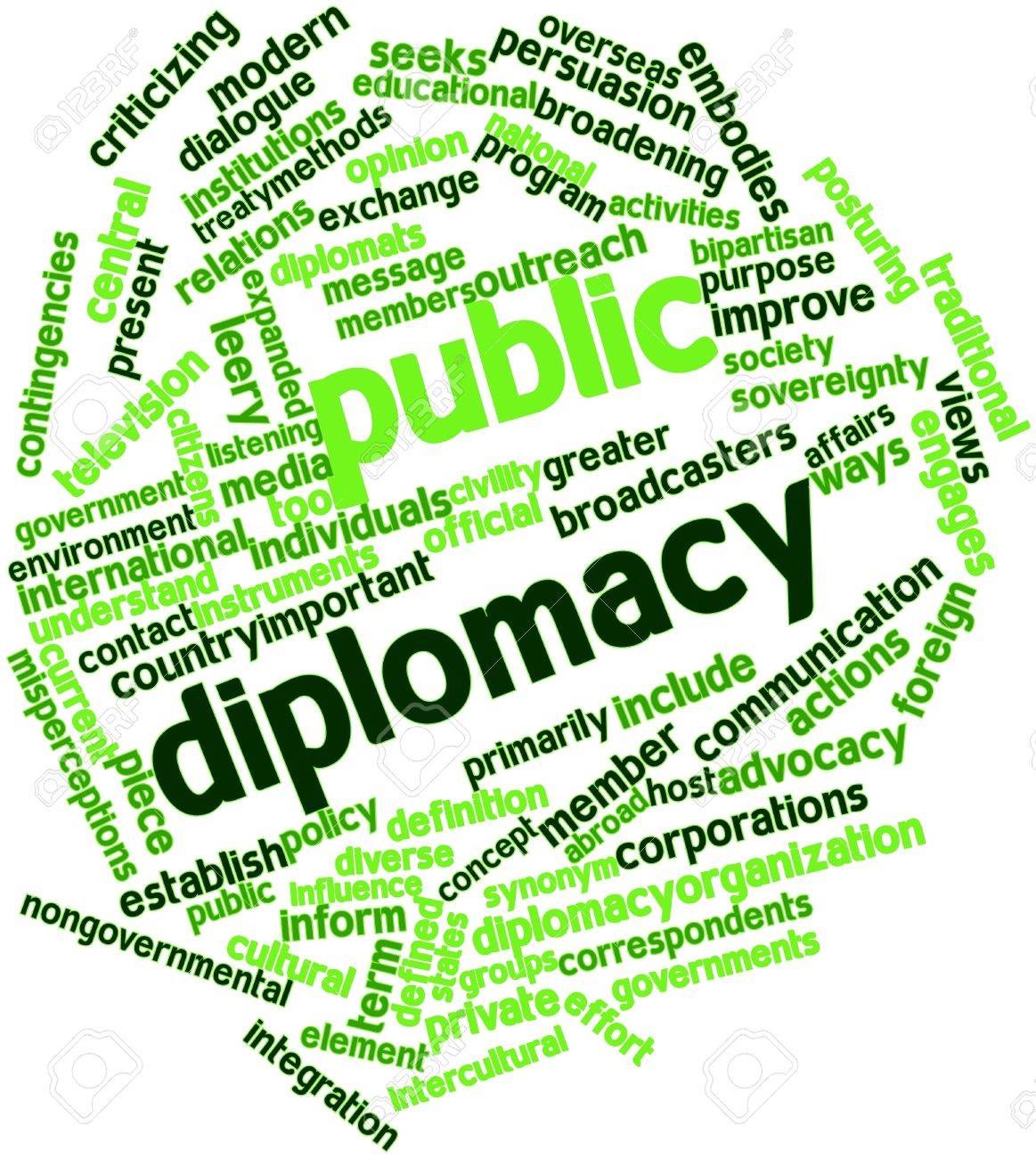 In 1805 it took over two weeks for news of the Royal Navy’s victory at the Battle of Trafalgar to reach London. A ship had to be sent from the scene of the battle off the coast of Portugal to the nearest English port. An officer then had to take a horse-drawn carriage to London. Even then the news was sketchy and families anxious for details of how many sailors had been killed had to wait many more weeks.
In 1805 it took over two weeks for news of the Royal Navy’s victory at the Battle of Trafalgar to reach London. A ship had to be sent from the scene of the battle off the coast of Portugal to the nearest English port. An officer then had to take a horse-drawn carriage to London. Even then the news was sketchy and families anxious for details of how many sailors had been killed had to wait many more weeks.
Fast forward to today when news teams are embedded with the military and pictures of battles are flashed onto our screens in real time. Amateur film, for example of the Syrian regime dropping barrel bombs on civilians, is on the internet within minutes. News seeps out via social media whether it is accurate or not. Whoever gets in first can often dictate the tone and content of the way a development is viewed.
What does this mean for governments? And how should Embassies adapt to the era of Twiplomacy? The harsh fact is that all organisations have to adapt to survive. If we think that the old-fashioned methods are still valid, like issuing a press release or briefing local journalists, we are not making the best use of the new tools that technology has put at our disposal.
For a diplomat, Twitter, Facebook, Instagram and other methods – like this blog – have become essential tools. One of the advantages is that communications can now be two-way. By using social media you can both pull and push information.
You can pull by tapping into the local debate on issues of immediate interest and concern. Social media brings you closer to the genuine voice of the people. And you can push by broadcasting your government’s views on the latest issues, the newest products or the most attractive tourist destinations.
Pulling and pushing were behind the Twitter Question and Answer session I ran earlier this week. Our aim was to answer questions on a range of issues, political, economic and commercial where the UK is actively involved in co-operating with Jordan. We handled over 50 questions in just over one hour, tackling issues like Jerusalem, Syria as well as lighter issues such as tourism in Jordan. The session helped us to understand Jordanians’ concerns and demonstrate the extent of our support for Jordan. We were able to show how we are building on traditional links to develop new areas of co-operation of benefit to both countries.
Of course there are risks in addressing such questions on social media. The basic rules of diplomacy still apply. A word out of place or an indiscreet comment can cause upset. It is also very easy to be seen as a parrot for the official line which would fail to capture the interest of a modern, fast-moving audience.
The best way to manage these risks is by being authentic, using your personal insights and interests, but while preserving your privacy. Tweets and pictures about my visits to different parts of Jordan or the pleasures of mansaf help to increase engagement. A touch of humour works too: I couldn’t resist retweeting the headline “Jordan Inspires England to Victory” even though the “Jordan” in question was an England cricketer.
Interaction is also important: using tweets to ask questions and responding to comments from others can generate a healthy debate. But you have to know where to draw the line. For example I cannot deal with visa issues or consular cases by Twitter. These are personal cases where public discourse is not appropriate.
To tweet or not to tweet? The answer is a no-brainer in today’s fast-moving world. Unlike 200 years ago, when news of an important military victory took a fortnight to reach decision-makers, we are now expected to react to whatever is circulating on the internet. But if we don’t engage and manage the risks, we will become irrelevant.
April 30, 2014
About Peter
Peter arrived in Amman on 13 February 2011 to take up his post. Previously he was British High Commissioner to Cyprus from June 2005 to April 2010.
He has served in a number of positions in the British Diplomatic Service since joining in 1974.
- He was Director of Security in the Foreign and Commonwealth Office from 2002-2005, dealing with all aspects of security for British diplomatic missions overseas.
- From 1997-2001 he served as Deputy Head of Mission in Athens.
- From 1993-96 Mr Millett was Head of Personnel Policy in the FCO.
- From 1989-93 he held the post of First Secretary (Energy) in the UK Representative Office to the European Union in Brussels, representing the UK on all energy and nuclear issues.
- From 1981-1985 he served as Second Secretary (Political) in Doha.
- Peter was born in 1955 in London. He is married to June Millett and has three daughters, born in 1984, 1987 and 1991. His interests include his family, tennis and travel.








